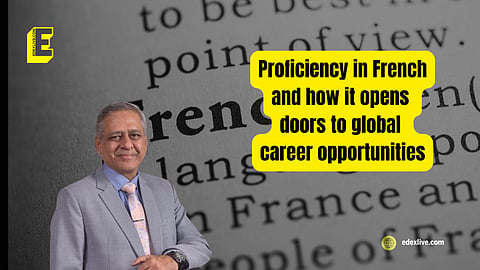Proficiency in French and how it opens doors to global career opportunities
How is proficiency in French opening doors to global career opportunities?
Proficiency in French is a key to unlocking global career opportunities, as it is spoken by over 300 million people worldwide. Mastery of the French language opens doors in international business, diplomacy, tourism, and education, providing a competitive edge in today’s interconnected world.
It facilitates access to diverse markets, enhances cultural exchanges, and strengthens global networks.
Whether working in multinational companies, international organisations, or pursuing careers abroad, French language skills are highly valued and can significantly broaden one’s professional horizons. In essence, French is not just a language but a bridge to global success.
What industries and sectors demand the most French-speaking professionals?
Industries that demand French-speaking professionals include international diplomacy and relations, where multilingual communication is crucial.
The tourism and hospitality sector also seeks French speakers to cater to Francophone travellers.
In business and finance, French is valuable for global trade and partnerships, especially with French-speaking countries. Education and healthcare require French for effective teaching and patient care in bilingual regions.
Additionally, science and research often demand French proficiency for international collaboration.
Careers as teachers, lecturers, and corporate trainers are also prominent, emphasising the need for French in both educational and corporate settings.
How are French language courses adapting to meet the growing demand for bilingual talent in the global job market?
French language courses are evolving to meet the global demand for bilingual talent by incorporating industry-specific vocabulary, integrating technology, and offering immersive experiences.
Blended learning combines in-person and online instruction, while recognised certifications like DELF (diplôme d'études en langue française) and DALF (diplôme approfondi en langue française) boost employability.
Courses also focus on developing soft skills, cultural competency, and tailored corporate training, making them more relevant for students aiming for global careers.


